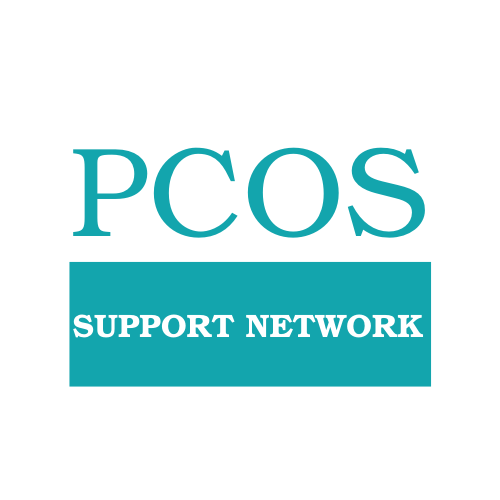Our mission is to raise public awareness about PCOS and help people with the condition overcome their symptoms and reduce their risk for life-threatening related diseases such as diabetes, cardiovascular disease and cancer.
Advocating for PCOS diagnosis, support and research.
Mission
PCOS support network is dedicated to
FREQUENTLY ASKED QUESTIONS
Although PCOS is one of the main causes of reproductive issues, a PCOS diagnosis does not necessarily indicate infertility. It is possible to treat PCOS, and many women with the condition do become pregnant naturally or with the use of reproductive therapies.
Insulin resistance is a condition in which the body’s cells do not respond to the effects of insulin. When the body does not respond to insulin, the level of glucose in the blood increases. This may cause more insulin to be produced as the body tries to move glucose into cells. Insulin resistance can lead to diabetes mellitus
The ovaries may not release an egg every month (a process known as ovulation) when androgen levels are greater than normal. Numerous women with PCOS have acne and unwelcome hair growth as a result of high androgen levels.
• PCOS affects not just the reproductive system but the entire body. It increases a woman's chance for severe illnesses that might have long-lasting effects.
• Type 2 diabetes and cardiovascular disease risk factors are increased by insulin resistance. Another condition that is associated with PCOS is metabolic syndrome. This syndrome contributes to both diabetes and heart disease.
• Women with PCOS may also be at higher risk of sleep disorders, such as sleep apnea.The risk of depression is also higher with PCOS.
• Some women with PCOS develop a condition called endometrial hyperplasia in which the lining of the uterus becomes too thick. This condition increases the risk of endometrial cancer.
PCOS is commonly treated with insulin-sensitizing medications, which are typically used to treat diabetes. These medicines support how the body reacts to insulin. They can assist in lowering androgen levels in PCOS women and improve ovulation. Restoring ovulation may help make menstrual periods regular and more predictable.

